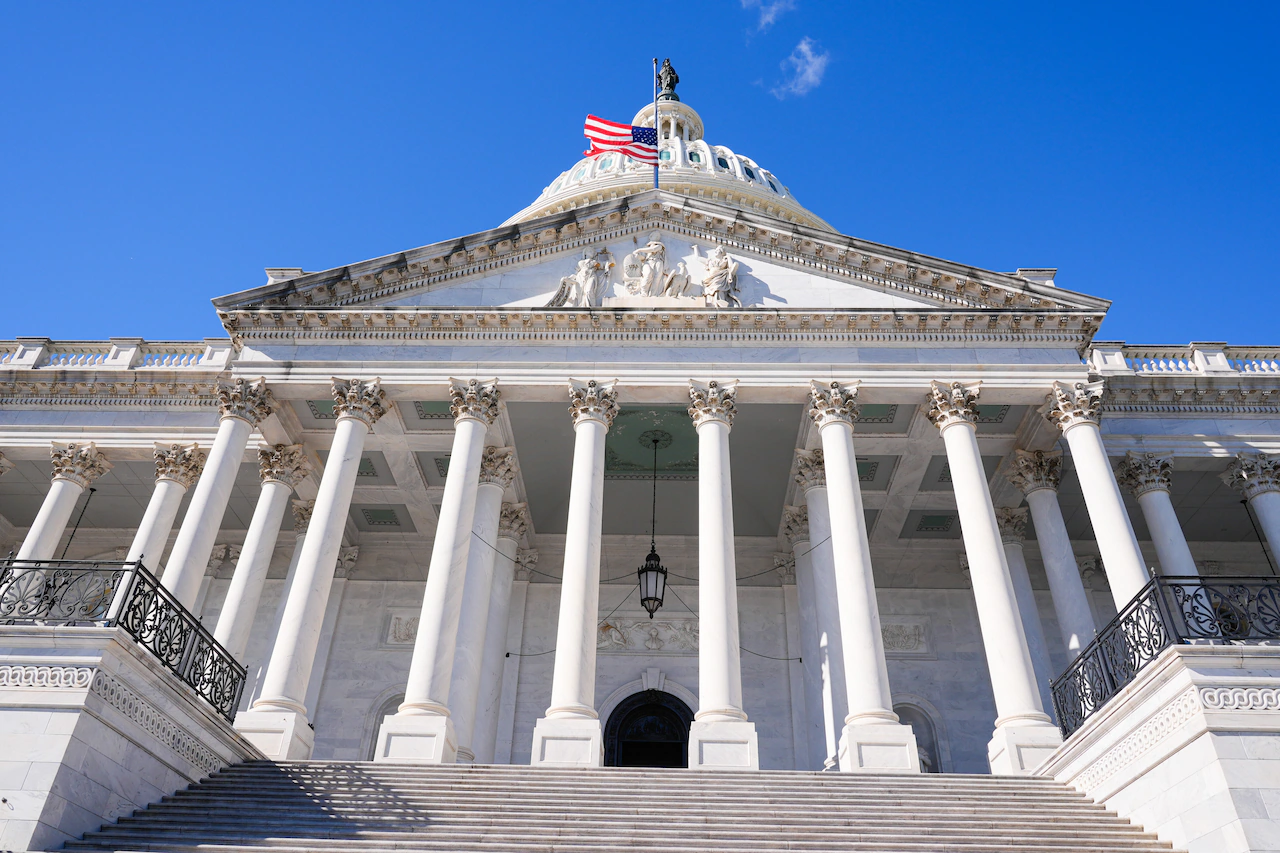Copyright M Live Michigan

A group of U.S. Senate Democrats have aligned with their Republican counterparts to advance a deal that would end the government shutdown, but Michigan’s two Democratic senators are not among them. Both Sen. Elissa Slotkin, D-Holly, and Sen. Gary Peters, D-Bloomfield Twp., said their initial no votes on Sunday night were because of a lack of guaranteed extension of health care subsidies. A proposal crafted by Peters and rolled out by the Senate’s top Democratic leader to extend the healthcare credits for a year was not ultimately approved. The deal that was supported would fund parts of the government - including food aid, veterans programs and the legislative branch - and would temporarily extend all other funding until the end of January, buying lawmakers more time to finish additional spending bills. The deal would also reinstate federal workers who had been laid off, and reimburse states that spent their own funds to keep federal programs running. It would protect against future reductions in force through January and ensure federal workers be paid once the shutdown is over. The agreement promises a later vote on extending healthcare subsidies through the Affordable Care Act (ACA), also known as Obamacare, that are set to expire Jan. 1. It does not guarantee that those subsidies will be extended, however. The test vote passed by a 60-40 margin, with five Democrats joining most Senate Republicans. It’s the first in a series of procedural requirements, meaning the deal could still take some days to finalize. It would have to be adopted by the U.S. House and signed off on by President Donald Trump. Senate Democratic leader Chuck Schumer, D-New York, opposed the deal along with all but eight of his Democratic colleagues, including both Peters and Slotkin. Democratic votes are needed in the Senate to get Republicans to the 60 votes necessary to pass a funding resolution. In her no vote statement, Slotkin said she’s “been clear since July.” ”To earn my vote, Republicans would have to do something to bring down the cost of health care for working and middle-class Michiganders," she said. “The promise of a vote in over a month does not meet that threshold.” Slotkin also referenced Medicaid cuts housed in Trump’s “One Big Beautiful Bill,” which she said “plunged America into a health care crisis.” The legislation signed in July included significant cuts to Medicaid by inserting more stringent work and sign-up eligibility requirements. Medicaid, a government-funded health insurance program for low-income individuals and families, people with disabilities and children, is the responsibility of the state to administer. “That emergency has real life victims,” Slotkin said of the upcoming federal healthcare changes. “And in Michigan, the average price of health care is increasing across the board, with some expected to see their premiums more than double.” In a similar statement posted online, Peters said he “can’t get behind a deal that doesn’t take immediate action to prevent Michiganders’ health care costs from skyrocketing more than they already have.” Peters said he proposed a one-year extension of ACA health care subsidies that would “provide some immediate financial relief while we work to address the health care affordability crisis more comprehensively.” He said that proposal wasn’t supported, pinning the lack of resolution on Trump and Republicans in Congress. Without a deal, it’s unclear if the two parties will be able to find any common ground on the COVID-19 era health care subsidies. House Speaker Mike Johnson, R-Louisiana, has said he will not commit to bringing it up in his chamber. Prior to the deal, a funding package had failed 14 times in the Senate. Since the government shutdown began Oct. 1, federal workers have not been paid. U.S. airlines canceled more than 2,000 flights on Sunday for the first time, and there were more than 7,000 flight delays. Fully-funded food aid has been in limbo, with around 1.4 million Michiganders relying on the program benefits caught up in legal battles related to the shutdown. Schumer said he could not “in good faith” support the deal, and some other Democrats said giving up the fight was a mistake. Senate Majority Leader John Thune, R-South Dakota supported the deal. Trump did not initially say whether he endorsed the deal. But he said, “It looks like we’re getting close to the shutdown ending.” The Associated Press contributed to this reporting.



